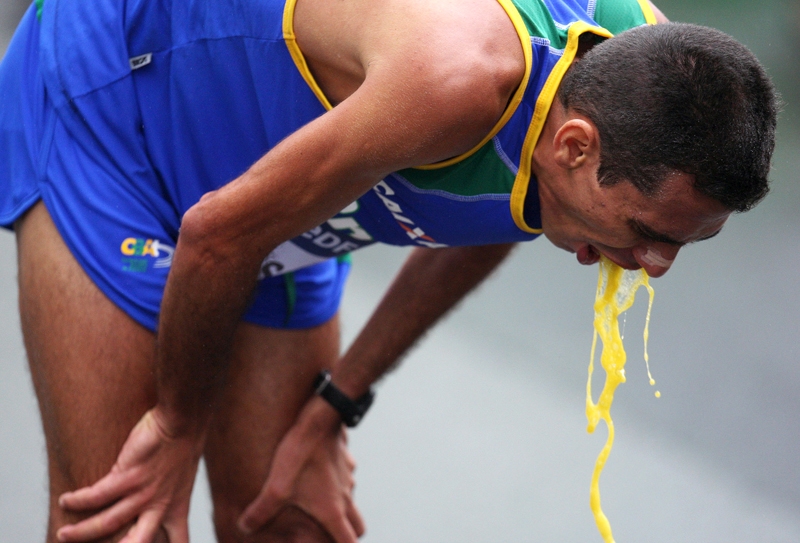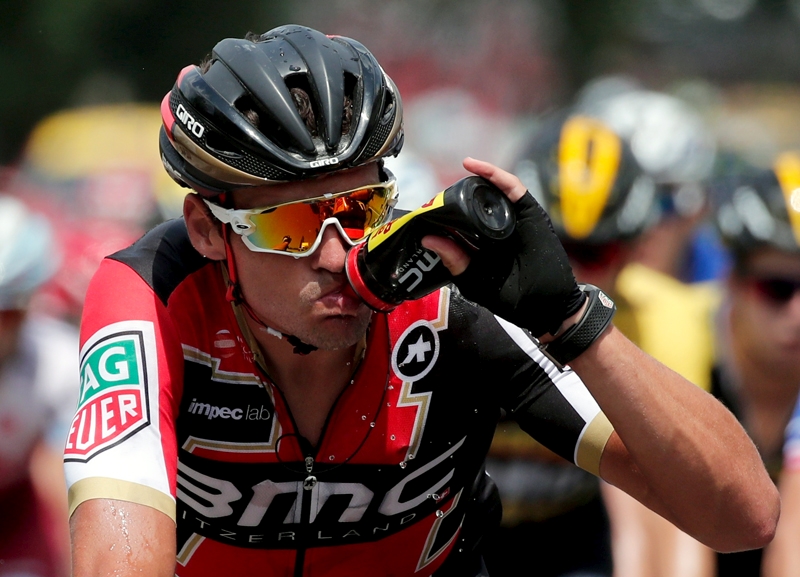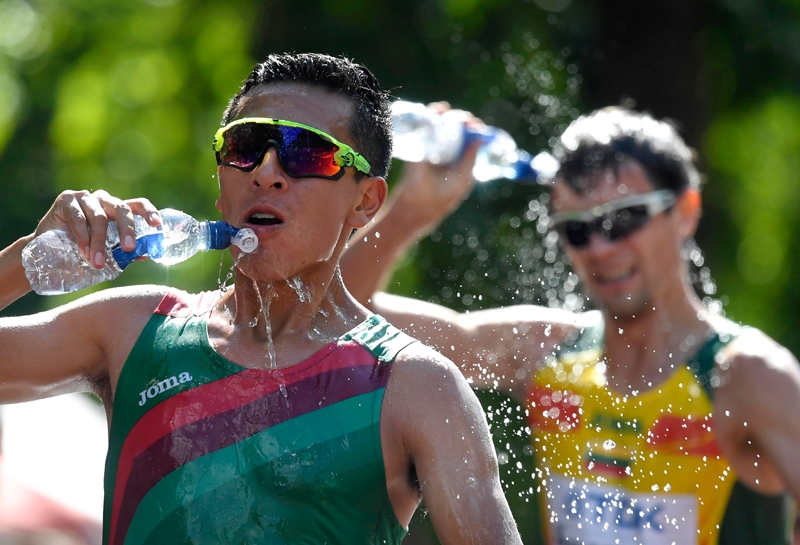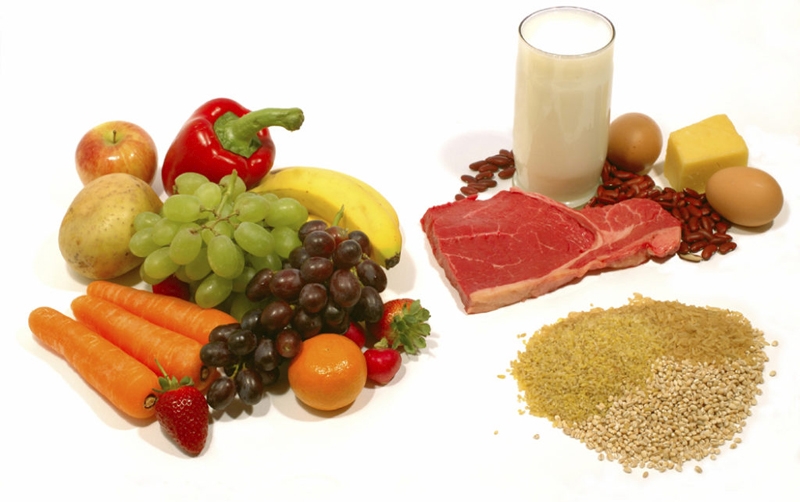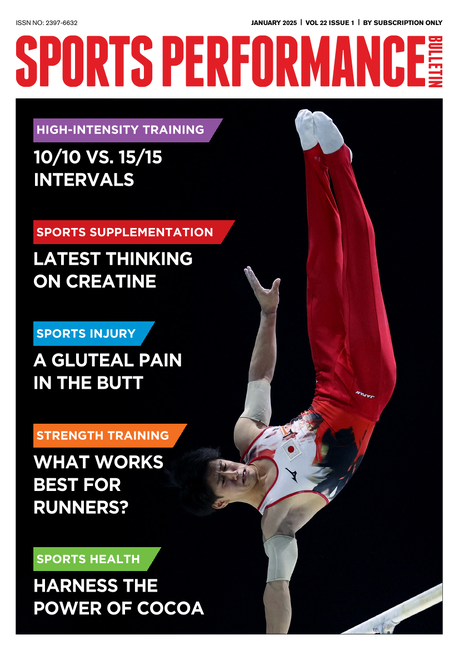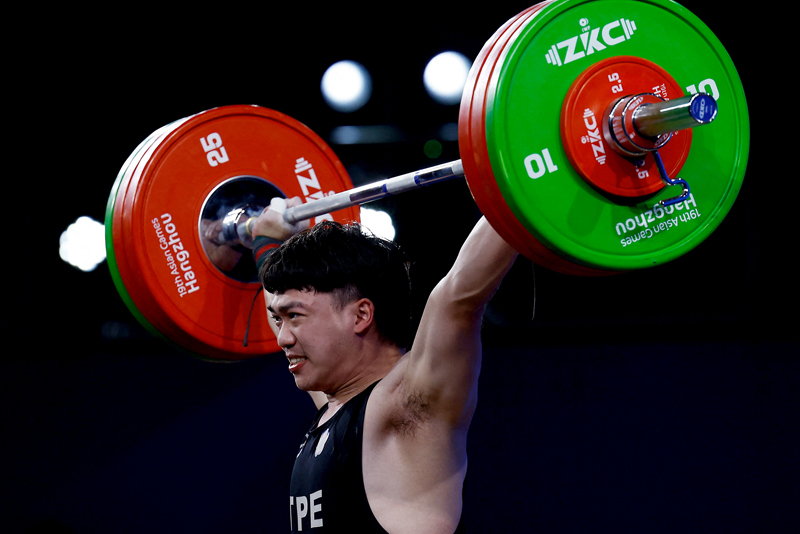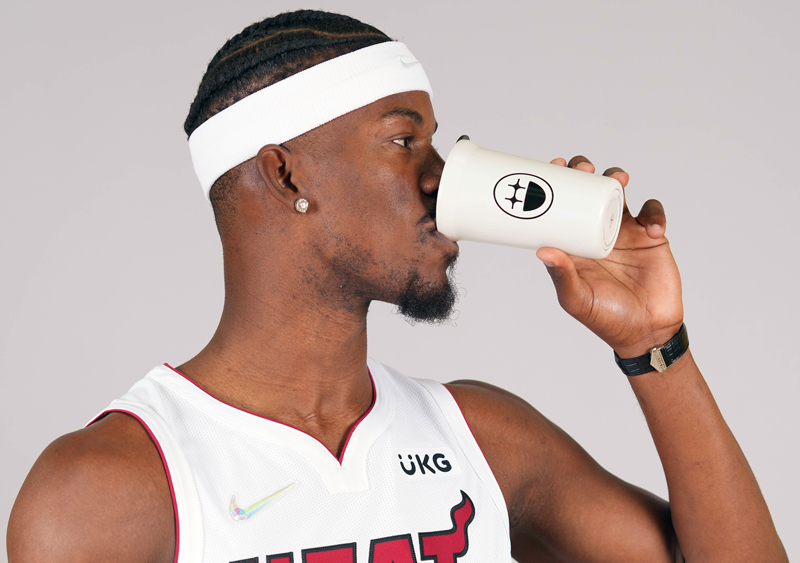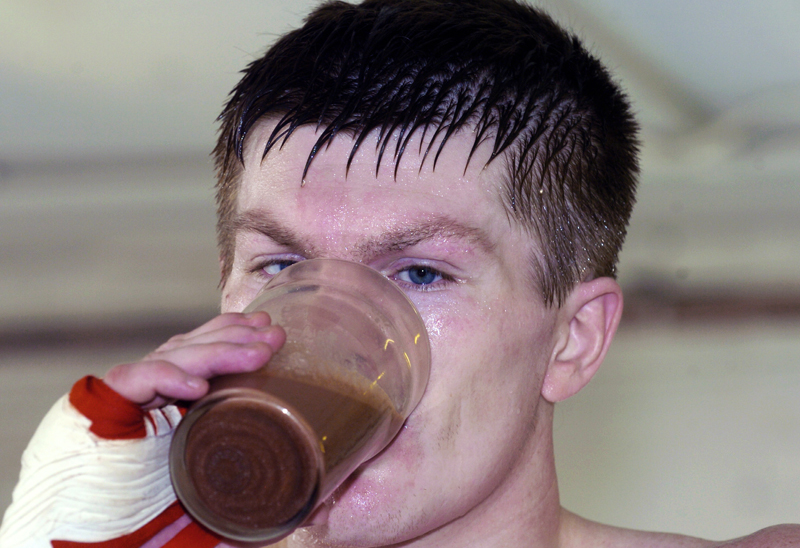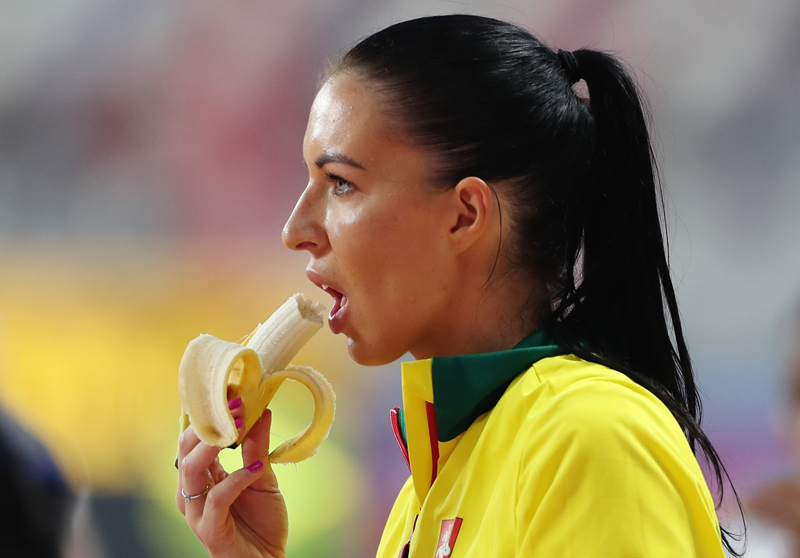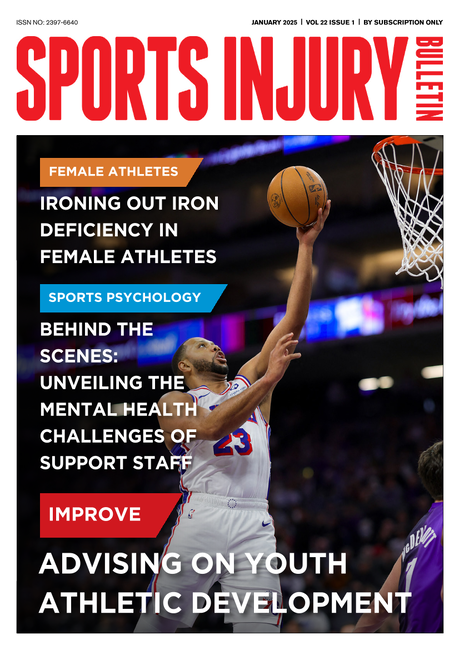You are viewing 1 of your 1 free articles. For unlimited access take a risk-free trial
Midnight feasting: can it help the following day's performance?

Early morning training before a proper breakfast has become popular among some endurance athletes as a way of helping the muscles to adapt to exercise low-glycogen training. The theory is that regular training without an ample supply of carbohydrate trains the muscles to become more efficient at burning fat during exercise, which can help with weight management and endurance during very long events.
But what’s the best strategy if you have an early-morning race, and your goal is maximum performance on the day? Loading up with a large pre-race breakfast may be counterproductive, leading to tummy cramps and nausea. Yet consuming nothing after the previous evening’s meal may mean you arrive at the start line not fully glycogen loaded or hydrated.
With this in mind, scientists have investigated whether a night-time pre-sleep feeding strategy could help improve performance first thing in the morning by ensuring full hydration and glycogen repletion - but without the risk of gastrointestinal distress that could occur as a result of eating immediately before a race [Appl Physiol Nutr Metab. 2016 Jul;41(7):719-27].
The research
In the study, researchers investigated the effects of giving pre-sleep chocolate milk (a good source of carbohydrate, fluid and protein) on the running performance of runners and triathletes first thing in the morning. Twelve competitive female runners and triathletes were matched for performance and then randomly assigned to one of two groups:- Group 1 consumed a pre-sleep feed of chocolate milk 30 minutes before sleep.
- Group 2 consumed a similar-tasting drink 30 minutes before sleep. The runners believed this drink contained useful nutrients but it actually contained no carbohydrate or protein (ie a placebo).
The findings
The key finding was that although the runners in the chocolate milk drink trial burned more carbohydrate during exercise than those in the placebo group, the 10km time trial times were no different between the two groups – ie the pre-sleep feeding didn’t produce any performance benefits. There were also no differences in levels of hydration between the two groups. Appl Physiol Nutr Metab. 2016 Jul;41(7):719-27PP verdict
On the face of it, this study suggests that there’s no benefit in late-night feeding before an early morning event, where consuming a decent breakfast might be difficult. Caution is required however; this is just one small study and the length of the event was quite short (under an hour). Had the runners been tested over a longer distance where glycogen levels would have become more depleted, the results might have been different. In the meantime however, for those competing in shorter events, your nutrition in the prior 2-3 days is probably more important than what you consume at bedtime!PRACTICAL SUGGESTIONS
- Consuming carbohydrate/protein drinks last thing at night before an early-morning event doesn’t seem to boost performance. Focus instead on consuming plenty of fluid and carbohydrate-rich meals and snacks in the 2-3 days prior to your event.
- On the morning of the event, don’t eat a large breakfast; instead consume a modest amount of rapidly-digested carbohydrate (eg drink or gels) around 15 minutes before the start time.
- Caffeine taken before an event will not only help ‘wake you up’ but will also improve performance in longer events too.
- Practice your pre-race routine beforehand by performing some early-morning, pre-breakfast training sessions.
Newsletter Sign Up
Testimonials
Dr. Alexandra Fandetti-Robin, Back & Body Chiropractic
Elspeth Cowell MSCh DpodM SRCh HCPC reg
William Hunter, Nuffield Health
Newsletter Sign Up
Coaches Testimonials
Dr. Alexandra Fandetti-Robin, Back & Body Chiropractic
Elspeth Cowell MSCh DpodM SRCh HCPC reg
William Hunter, Nuffield Health
Keep up with latest sports science research and apply it to maximize performance
Today you have the chance to join a group of athletes, and sports coaches/trainers who all have something special in common...
They use the latest research to improve performance for themselves and their clients - both athletes and sports teams - with help from global specialists in the fields of sports science, sports medicine and sports psychology.
They do this by reading Sports Performance Bulletin, an easy-to-digest but serious-minded journal dedicated to high performance sports. SPB offers a wealth of information and insight into the latest research, in an easily-accessible and understood format, along with a wealth of practical recommendations.
*includes 3 coaching manuals
Get Inspired
All the latest techniques and approaches
Sports Performance Bulletin helps dedicated endurance athletes improve their performance. Sense-checking the latest sports science research, and sourcing evidence and case studies to support findings, Sports Performance Bulletin turns proven insights into easily digestible practical advice. Supporting athletes, coaches and professionals who wish to ensure their guidance and programmes are kept right up to date and based on credible science.
